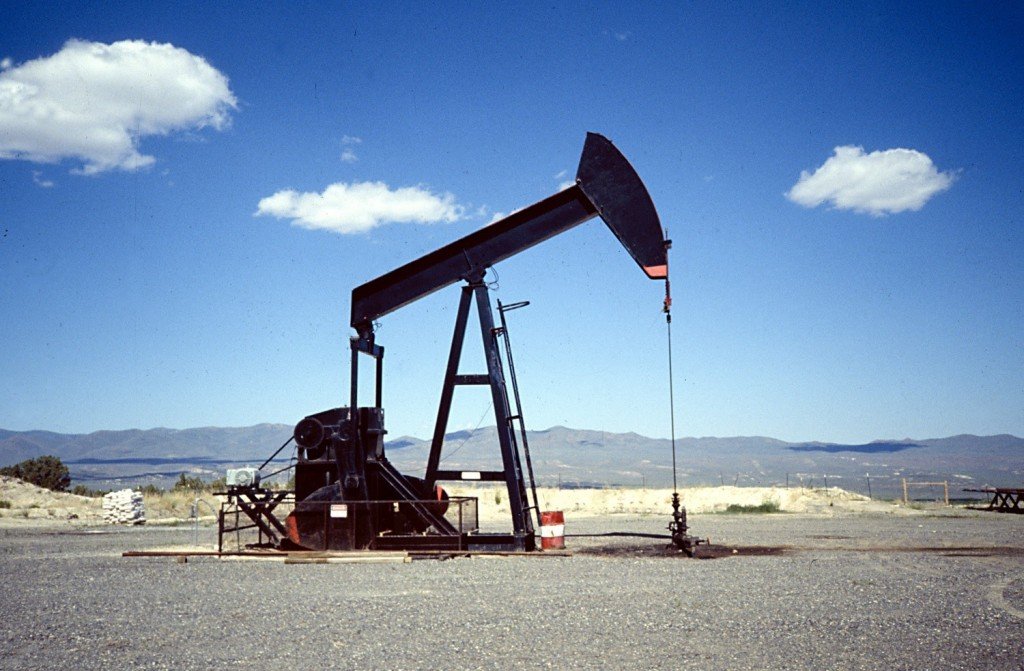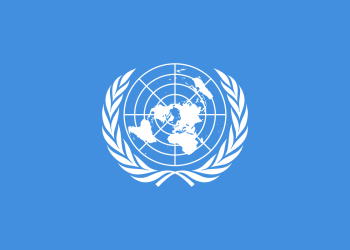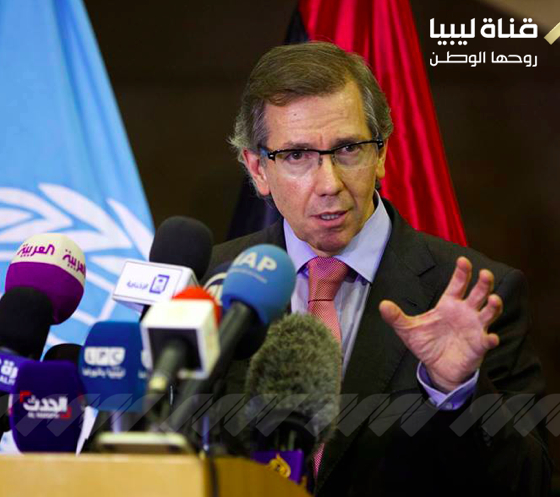By Libya Herald Reporter
Tunis, 9 October 2015:
Libya’s oil production has risen from . . .[restrict]300,000 barrels a day to 400,000, the National Oil Corporation is reported to have confirmed today.
The spike in production, the highest seen in a year, comes after the eastern field of Al Majida field re-opened after five months closure from strike action.
That has boosted production of Benghazi-basd Arabian Gulf Oil Company (AGOCO), the biggest NOC subsidiary in eastern Libya, to 250,000 barrels a day.
Most of Libya’s production comes from the south east, the eastern Sirte basin and offshore off the west coast. Fields in parts of the western Sirte basin remain closed after attacks by Islamic State (IS) forces last spring, while the big south west fields of El Fil and Sharara remain closed due to complex disputes that are partly political and partly about who guards them and remuneration.
Yet problems for the oil sector remain, with the biggest oil port, Sidra, still closed after being attacked by Libya Dawn militias in December, in fighting that left several storage tanks destroyed. Last week it was attacked by IS fighters from the Sirte area. Also still closed is nearby terminal at Ras Lanuf which also country’s largest refinery.
War action, and difficulties in operating some fields, have seen production plunge from 1.55 million barrels a day before and shortly after Qaddafi’s fall.
In 2013, production fell dramatically when strike action by eastern oil guards closed the key terminals, and no sooner were the strikes ended in the summer of last year than the current political crisis erupted.
The production fall, along with the almost halving of world oil prices in the past year, has seen the central bank drawing fast on foreign currency reserves, with the majority of the population dependent on state wages, pensions and subsidized food and petrol.
The NOC remains split, with the internationally -ecognised government based in Beida insisting Nagi Elmagrabi is the chairman, while the NOC in Tripoli is still chaired by Mustafa Sanallah.
The Beida government continues to try and persuade foreign oil buyers to pay for oil exports to an account in the UAE, circumventing the central bank in Tripoli, but to date most companies appear to be continuing payments to the central bank.
Elmagrabi said in August that buyers not following government instructions might see oil ports refuse to load their tankers. [/restrict]








